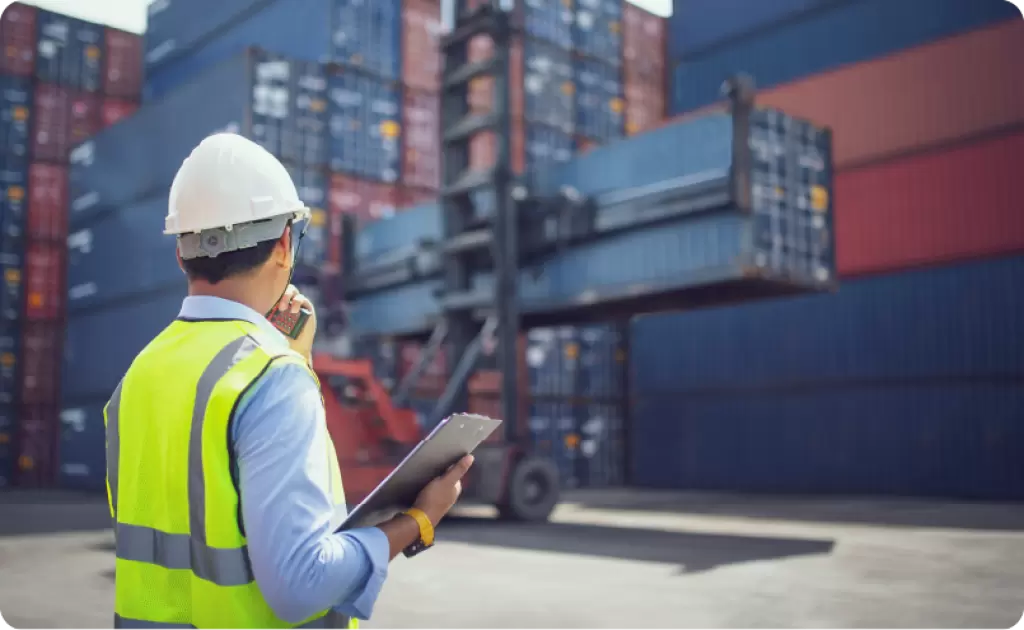New organic import control system in the Netherlands: Skal Biocontrole takes over Customs controls.
- Thu, February 20, 2025
- 2 minute read

Why organic import controls are changing
The revision of the organic import control system was initiated by an audit carried out by Health and Food Audits and Analysis (HFAA) of the European Commission in the Netherlands in 2019. The audit assessed the organic control system and labelling of organic products. The main findings from the audit led to recommendations, including:
- Organic import controls must be completed before products are released to the market.
- Test results, including analysis outcomes, must be recorded in TRACES.
In response, it was decided in December 2023 to transfer this responsibility to Skal Biocontrole, and the transition process started in 2024 to ensure a smooth transfer from customs. Moreover, organic inspections are not a core function of customs, whose primary role is to monitor imports and collect taxes and duties. By consolidating all organic controls under one authority (Skal Biocontrole), expertise is centralised, leading to improved efficiency and better service for the sector.
Key changes & impact
- Process time: Skal Biocontrole now verifies COIs earlier in the import process than customs previously did. Therefore, it is crucial for importers or their service providers to submit COIs on time and complete with all required attachments and correctly filled-out fields.
- Contact point: Importers are used to contacting customs for issues, but this is no longer necessary. Instead, they should reach out to the Skal Biocontrole helpdesk if they have any questions.
- Sampling and compliance checks: From February 2025, all sampling and compliance checks must be completed before the COI is endorsed. This is a new procedure for the national list but was already in place for the EU list to comply with regulations.
- Splitting of shipments: Previously, shipments could be split into batches, allowing unaffected parts to continue. This will no longer be possible, the entire shipment will be blocked until test results are available. The reason for this change is a technical limitation in TRACES: test results must be uploaded before the COI can be endorsed, and this can only be done per full shipment, not per batch.
- Additional Inspections: If the Dutch Food and Consumer Product Safety Authority (NVWA) or KCB (Quality Control Bureau) inspects the shipment, the importer must note document code C644 and the COI number in the NVWA pre-notification system (CLIENT or VGC). KCB and Skal Biocontrole inspections can happen simultaneously, but the Common Health Entry Document (CHED) is only issued after the COI is endorsed.
- Customs Clearance: Customs can only release the shipment as organic if the COI has been endorsed by Skal Biocontrole in TRACES. The document code C644 and COI number must be included in the customs declaration.
How we can help your business comply with new organic import requirements
As a full-service customs provider, we’re here to help you navigate these changes. With Skal Biocontrole now responsible for verifying organic status and endorsing Certificates of Inspection, timely submission of all required documents, including COIs and test results, is crucial. We guide you through the process, ensuring compliance with the new system and managing all necessary paperwork. Let us handle the complexities, so you can focus on your business.
Act now to get advice and support on the new organic import control system in the Netherlands
Do you need help regarding the new organic import control system? Gaston Schul’s Consultancy & Advisory services are here to assist.
Fill out the form on the right and a member of our team will respond within one business day.




